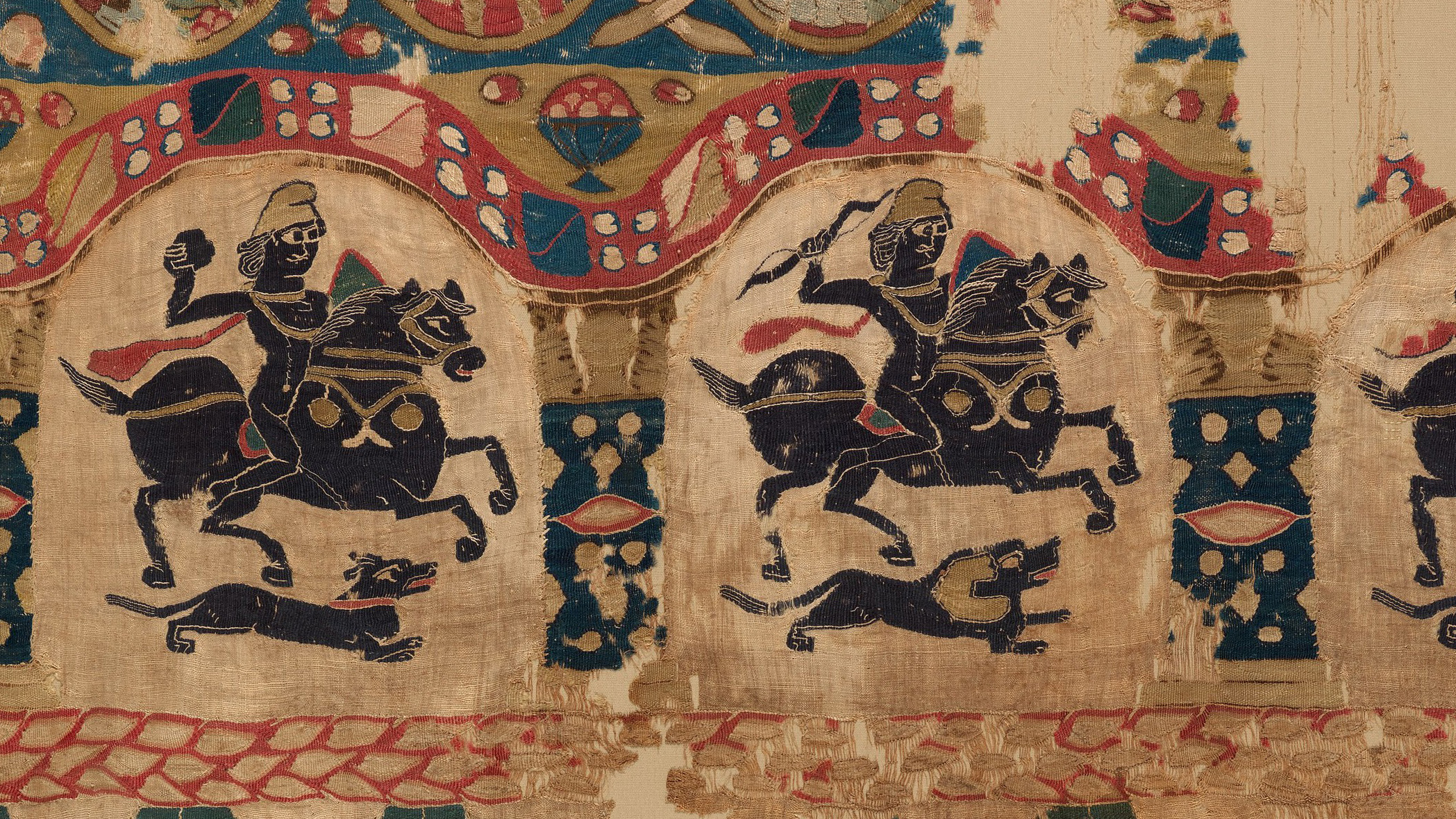Mehdizadeh, Nedda. "Teaching the Travail of Writing: Authority, Empire, and Racial Formation in the (Pre)modern." Throughlines. www.throughlines.org/suite-content/early-modern-travel-writing-and-race. [Date accessed].
Early modern travel writing and race
Helping students work against and past today’s imperial universalisms.

Teaching the Travail of Writing: Authority, Empire, and Racial Formation in the (Pre)modern | Watch the full talk
Presented by Nedda Mehdizadeh at Education: A RaceB4Race Symposium in 2021
Nedda Mehdizadeh unpacks how English travel writing not only mirrors imperial adventurism but participates in the formation of empire itself. Taking as a starting point Edward Said’s comments on “fictional realities” in Orientalism (1978), Mehdizadeh models pedagogical techniques which demonstrate how cartography is not a reflection of an external world but a constructed discipline, doing so through the Hereford Mappa Mundi (c. 1300), the Mercator Projection (1569), and Muhammad al-Idrisi’s Tabula Rogeriana (1154). Mehdizadeh then turns to Richard Hakluyt’s Principall Navigations (1589), a compendium of travelogues, and Robert Thorne’s Mappe or Carde of the World (1527) to illuminate the key role played by writing in processes of conquest and early capitalism. By attending to the power of composition, Mehdizadeh also highlights the ways in which teaching composition might empower students to work against and past today’s imperial universalisms.
Further learning
Recommended

Medieval North and East African art
Medieval African art demands to be understood, not in relation to Europe alone, but as part of a wider Afro-Eurasian world. Andrea Myers Achi discusses the interconnection across medieval North Africa and the Mediterranean and Africa’s cultural exchange and influence on medieval art history.




